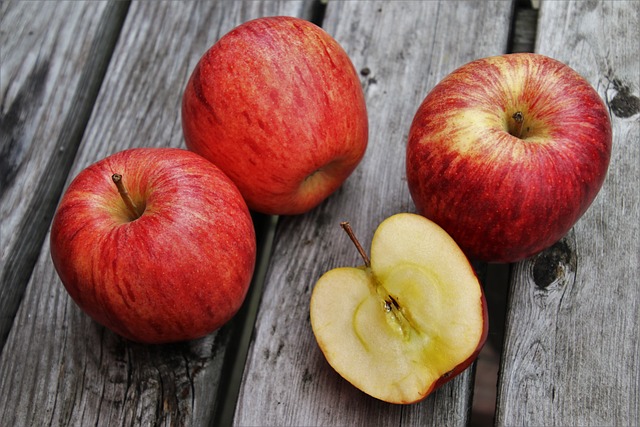The Ultimate Guide to Using Probiotics for Digestive Issues
If you have ever experienced any digestive issues like bloating, constipation, gas, diarrhea, or any other related problems you know how it can put you in an uncomfortable and sometimes painful position. These gastrointestinal issues can affect your daily life and leave you feeling drained and stressed out.
But did you know that probiotics can help you improve your digestive health? In this ultimate guide, we’ll cover all things probiotics, from what they are and how they work to various types of probiotics available and how to choose the best probiotics for gut health. So, without further ado, let’s dive into the world of probiotics.
What Are Probiotics and How Do They Work?
Probiotics are live microorganisms that live in our gut and other areas of our body. They are often referred to as “good” bacteria as they aid in our body’s natural digestive processes and offer numerous health benefits.
When we consume probiotics, they travel through our digestive system and settle in our gut to create a healthy balance of microorganisms. This helps our body’s natural processes work efficiently, including processing food, absorbing nutrients, and eliminating waste.
Probiotics can also support our immune system, reduce inflammation, and even improve our mental health. That’s why it’s so important to have a healthy balance of “good” bacteria in our gut.
Different Types of Probiotics Available
There are many different types of probiotics available, each with its own unique strains to offer specific health benefits. Here are some common types of probiotics:
- Lactobacillus
- Bifidobacterium
- Streptococcus
- Saccharomyces boulardii
Lactobacillus and Bifidobacterium are two of the most common types of probiotics and can be found in many different foods and supplements. Streptococcus is another popular type but can be a bit more difficult to find in supplements. Saccharomyces boulardii is a type of yeast that is commonly found in probiotic supplements.
How to Choose the Best Probiotics for Digestive Issues
When choosing the best probiotics for digestive issues, it’s important to look for a supplement that offers a variety of different strains of bacteria. Choosing a supplement with only one or two strains may not be as effective as one with multiple strains. Additionally, it’s important to choose a supplement with a high number of live bacteria per serving to ensure you are getting an adequate dose of probiotics.
It’s also important to note that probiotics are not a one-size-fits-all solution. Different strains and doses may work better for different individuals depending on their specific digestive issues. It’s best to consult with a healthcare professional to determine which probiotics are best for you.
How to Incorporate Probiotics Into Your Diet
Probiotics can be found in many different foods and supplements. Some of the most common sources of probiotics include:
- Yogurt
- Kefir
- Sauerkraut
- Pickles
- Kombucha
- Kimchi
In addition to incorporating probiotic-rich foods into your diet, you can also take probiotic supplements. These supplements come in many different forms, including capsules, powders, and gummies.
Conclusion
Probiotics can offer numerous health benefits, including improving digestive health. By choosing the right probiotics and incorporating them into your diet, you can improve your gut health and feel better overall. Remember to consult with a healthcare professional before starting any new supplements or diets, and take care of your gut health for a happier, healthier you.







